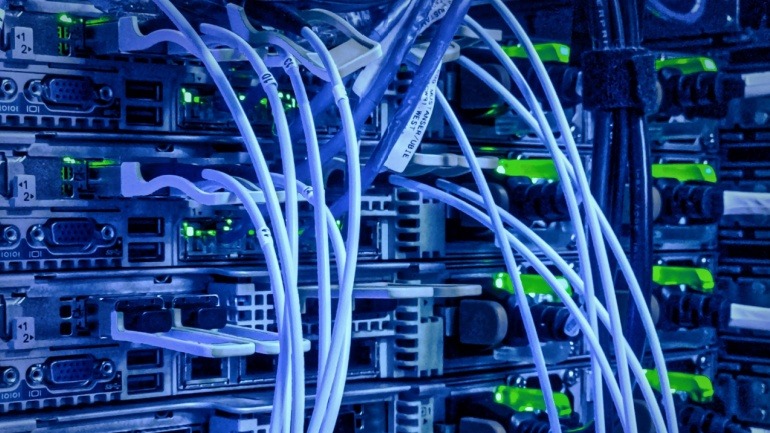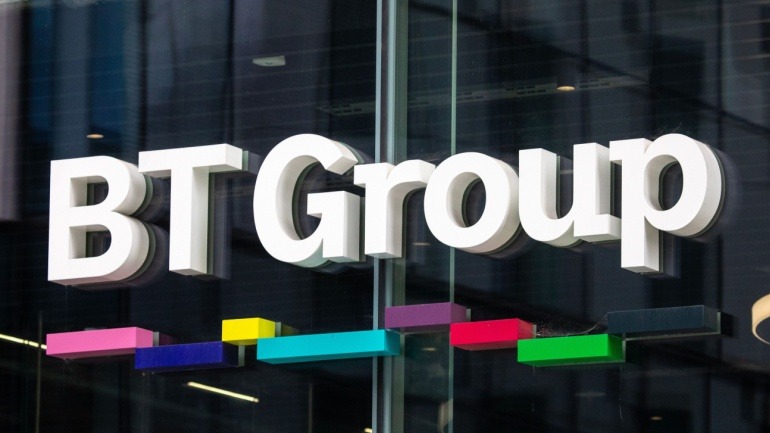BT Group is expanding its Global Fabric services through collaborations with Equinix and Optiva, significantly enhancing its network reach. The Global Fabric platform connects enterprises to rapid computing services, revolutionizing access to cloud-based solutions.
BT’s sale of its wholesale and enterprise unit in Ireland to Speed Fibre Group for €22 million marks a significant shift in the Irish telecom market. Transferring BT Communications Ireland Ltd, this acquisition includes domestic network infrastructure and over 400 business clients, excluding multinational services.
BT Group’s groundbreaking trial of 5G Standalone network slicing on the EE network in Belfast significantly optimized mobile payment systems during the bustling Christmas Market. This real-world application highlights BT’s 5G SA technology potential.
Bharti Global’s acquisition of a significant stake in BT Group marks a pivotal moment in the telecom industry. As the largest shareholder, it reinforces Bharti’s investment confidence and BT’s future potential.
BT Group and Edgio are revolutionizing live television streaming with the first Content Delivery Network (CDN) enabled by Multicast-Assisted Unicast Delivery (MAUD) technology. This collaboration promises reduced costs, improved content quality, and scalable, sustainable streaming practices.
BT Group has reported a slight revenue increase to £20.8 billion, a 1% rise from last year, driven by price hikes for broadband customers, robust sales of fibre products in Openreach, and growth in the consumer division. However, the company’s pre-tax profits dropped sharply by 31%, falling to £1.18 billion, despite a 2% rise in adjusted EBITDA, which reached £8.1 billion.
Launched in September, Nokia’s Network as a Code aims to help operators optimize their 5G resources. By granting developers extensive network access, this platform unlocks opportunities for new application creation. With the advantage of 5G’s inherent software-based architecture, such innovative companies like BT Group are exploring unsuspected capabilities for enhanced network quality.
BT Group has taken a bold step into the future of content delivery with an innovative concept known as Multicast-Assisted Unicast Delivery (MAUD). This technology takes a fresh approach, replacing the traditional individual internet stream with a more efficient consolidated flow. Not only is this technology seamless for consumers, it also delivers substantial resource savings. Furthermore, in an era of environmental consciousness, MAUD offers up to a 50% bandwidth reduction during peak times, resulting in lower energy usage.
BT and Immersive Interactive Ltd introduce the Immersive Spaces project across Northern Ireland. This 5G-enabled, interactive simulation offers a variety of experiences and learning opportunities for multiple sectors. The space offers a 360° view through HD projectors connecting to EE’s mobile network. Attributes like real-life scenarios, interactive elements, and sensorial enhancements are plunging users into exciting simulated realities. The technology has applications in training environments and sectors across the board, allowing users to step into realistic or imagined situations. Learn more about this revolutionary platform and its potential.
Exploring efficient energy solutions, BT is turning to liquid cooling techniques to lower network switch power usage. Collaborations with Iceotope and Juniper hint at precision cooling for servers—a potentially industry-first initiative. Meanwhile, strategies with Immersion4, Nexalus, and Airsys run the gamut from full immersion to cooling-unit encased cold plates. Crucially, every energy-reduction experiment aids BT’s ambitious journey toward net-zero emissions by 2031.













